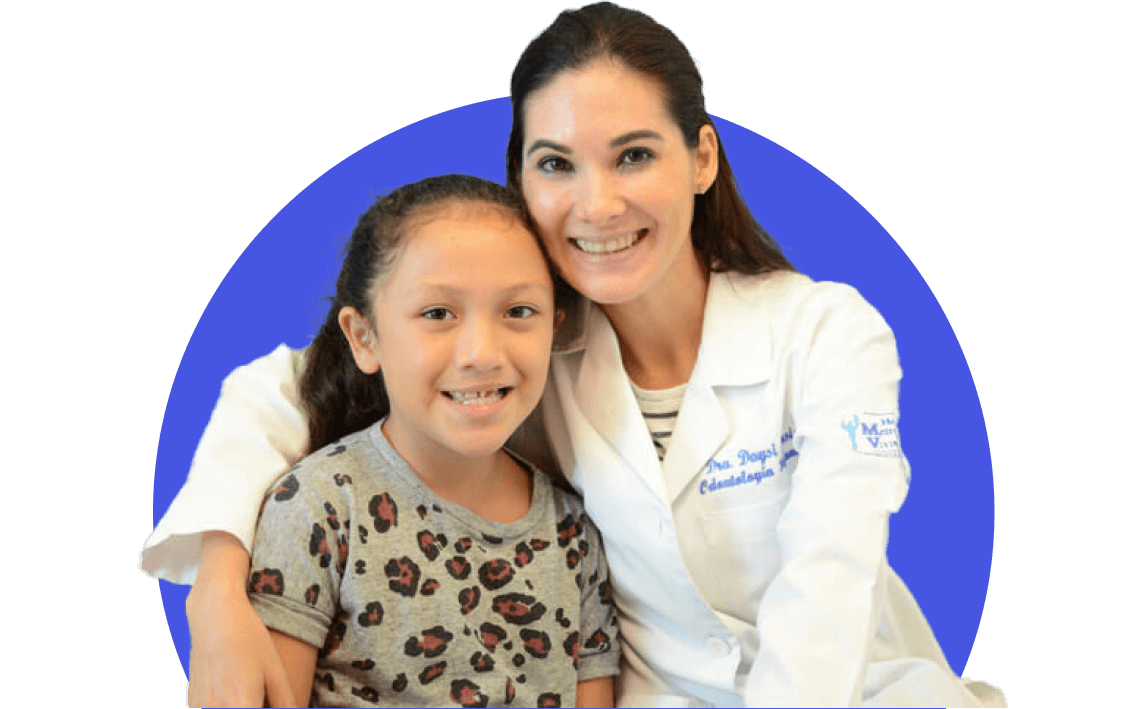- Cleft Home
- What is Cleft Lip and/or Palate?
- Prenatal Diagnosis
- Feeding Your Baby
- What is a Cleft Team?
- Surgery
- Hearing, Speech, and Dental Care
- Paying for Treatment
- Managing Feelings
- Craniofacial Conditions
- Toddlers and Preschoolers
- The School-Aged Years
- The Teenage Years
- Letter to a Teacher
- Information for Adults
- Support Organizations
- Learn More: Downloads
- Cleft Home
- What is Cleft Lip and/or Palate?
- Prenatal Diagnosis
- Feeding Your Baby
- What is a Cleft Team?
- Surgery
- Hearing, Speech, and Dental Care
- Paying for Treatment
- Managing Feelings
- Craniofacial Conditions
- Toddlers and Preschoolers
- The School-Aged Years
- The Teenage Years
- Letter to a Teacher
- Information for Adults
- Support Organizations
- Learn More: Downloads
Will speech be an issue during my teen years?
Some people born with clefts do not experience any speech problems. Others will need speech therapy and perhaps additional treatment. Because your facial structure changes as you grow, your speech may change as you get older. It is also true that operations on your palate or jaw could affect your speech.
How can I find out what causes my problems with speech?
A speech-language pathologist (SLP) is a person who is trained to evaluate your speech and advise you about what treatment, if any, might be helpful. There is probably a speech-language pathologist on your cleft team and one at school. You may have already met with a speech professional regularly.
An SLP will conduct a speech evaluation to get the best information on the causes of your speech difficulties. An evaluation could include a simple test such as listening to your speech. Or the speech pathologist might use a tool called a nasometer to measure the air and sound that come out of your nose and mouth when you talk. You might also have a type of test called an endoscopy that uses a narrow tube with a tiny camera to take pictures inside your nose and throat.
If you have a nasal quality to your voice, your SLP may suggest using other tests, such as x-ray and MRI technology, to view your velopharyngeal structures. (To learn more about this testing, look here.) The speech pathologist consults with other members of the cleft team (including the orthodontist, prosthodontist, and surgeon) to develop a plan to help your speech.
What are the common issues and treatments?
Speech and isolated cleft lip: If you were born with an isolated cleft lip, you probably have not had any issues with speech. There is a chance, however, that your lip-repair operation has left your lip very short or unable to move well. It may be hard for you to bring your lips together for words with “b,” “m,” and “p” sounds. In this case, the speech pathologist should be able to work with your surgeon to develop a plan for a lip revision operation.
Speech and cleft palate: If you were born with a cleft palate, you may experience problems with hypernasality (too much sound coming through your nose when you talk), nasal air emission (too much air coming through the nose when you talk), or articulation (a difficulty saying some sounds correctly). Sometimes your braces or palate expander can affect your speech.
Your speech pathologist can evaluate these problems and will make suggestions that can help. Common recommendations include speech therapy, a referral to a surgeon for an additional surgery, or a referral to a prosthodontist for a speech appliance. (To learn more details about these forms of treatment, look here.)
How does the soft palate affect speech?
In order to produce most consonant sounds in English (except the nasal sounds: “m,” “n,” and “ng,” as in “ring”), the soft palate has to lift and touch the back of the throat. This action should keep air from escaping into your nose when you talk.
Look at the diagram to help understand this idea. The soft palate is the muscular part of your palate near the back of your mouth. Find the arrow in the diagram. Your soft palate should lift there until it touches the back of your throat.
If your palate doesn’t reach the back of your throat, air can escape into your nasal cavity, causing your speech to sound nasal. Your speech pathologist may call this problem hypernasality or velopharyngeal insufficiency (VPI).
VPI can be associated with having food or liquid come through your nose when you eat or drink. Similar problems can occur if you have a fistula (a small hole) in your palate.
If one of these problems is bothering you, be sure to talk with members of your cleft team. To find more information about testing and treatment of VPI, look at our page, here.



